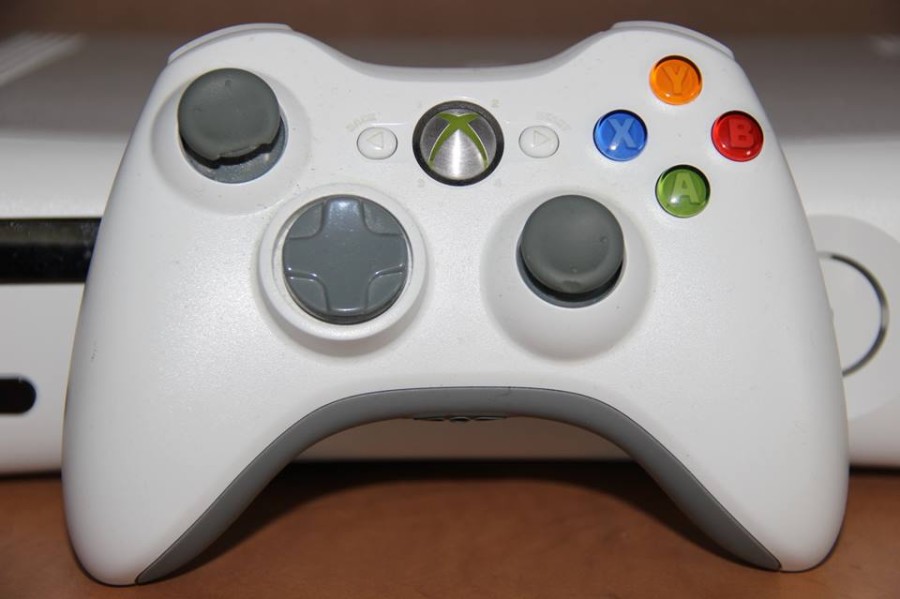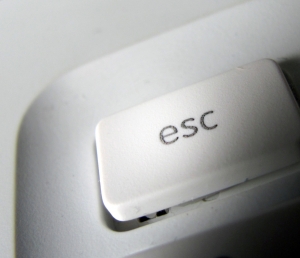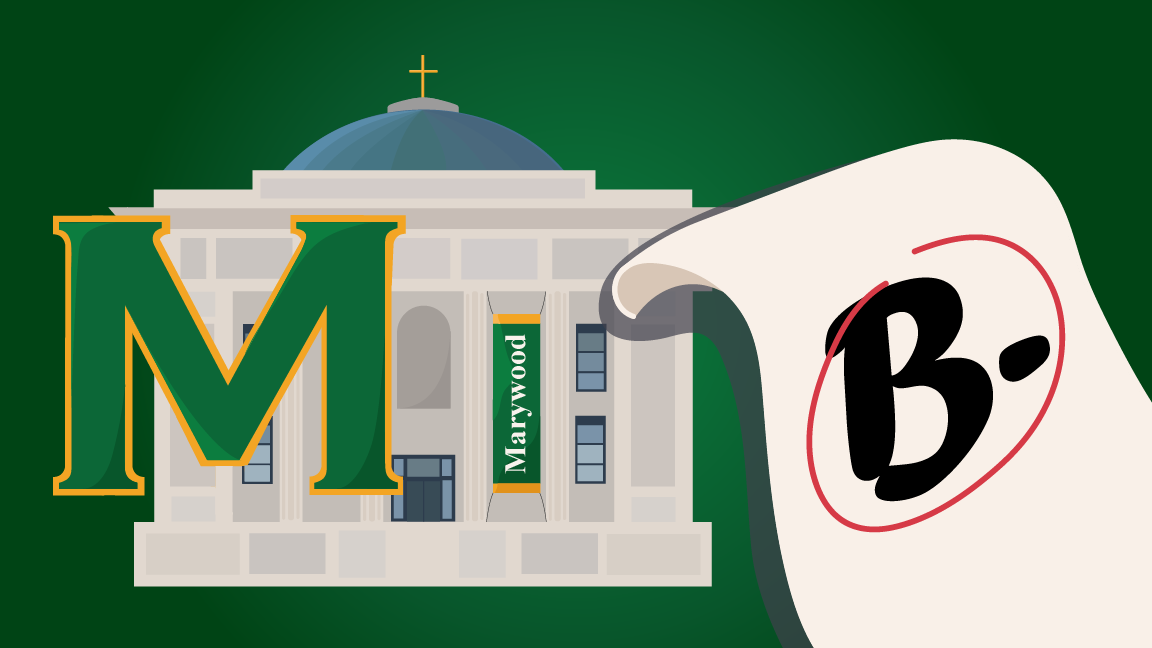It seems like only a short time ago, the first name in smartphones, the leader of pocket productivity, was BlackBerry.
Now, that brand is at the back of consumers’ minds in a market dominated by Apple and super-phones running Google’s Android operating system. In a desperate attempt to regain lost territory, a fresh touchscreen BlackBerry running a slick new version of the BlackBerry Operating System has just hit the market. But is it too late for the dethroned handset producer to make a comeback?
Research In Motion (RIM), the Canadian Company behind the BlackBerry smartphone, introduced the first installment of the device in 1998. Just six years later, BlackBerry had over one million subscribers.
In 2007, the year the iPhone was born, the number of BlackBerry users grew to 12 million and would continue to grow to 16 million in 2008. This however, marked the turning point in RIM’s success.
The company started to miss earnings estimates. Their first touchscreen device, the Storm, received mixed reviews, and their app store’s selection was pitiful compared to Apple’s. Tack on a global service interruption in 2011 followed by a complete outage on three continents in 2012, and it seemed like RIM’s fate was sealed.
In 2012, the research company Gartner reported that RIM’s share in the smartphone market had dropped 44.4% to just 2.0% of the market share. This year, RIM has tried to reinvent itself. In fact, there is no RIM anymore; on January 30, Research In Motion changed their name to BlackBerry to be associated more closely with their chief product.
Also new for the tech company is the BlackBerry10 operating system, and two new devices, the all touchscreen Z10 and the Q10 with a physical keyboard. The new devices are packing some impressive specifications, with high definition displays and dual-core processors. This is BlackBerry’s last best chance to regain some market share from the bigger fruit and the robot menace.
Are the new software and hardware enough to bring BlackBerry back from the brink? In my humble opinion…nope.
The iPhone and Android-based phones grew quickly because their fresh look attracted a larger demographic than the BlackBerry in the hands of a businessperson. Although the new berries are more attractive, the name “BlackBerry” is still going to be attributed to the past, and with Microsoft’s new Windows Phone OS gaining market share, there is even less room for the fallen titan to make a comeback.
In 1999, the media coined a term referring to the addicting nature of the BlackBerry device as the “CrackBerry.” It seems now, that the “CrackBerry” condition is all but eradicated.















